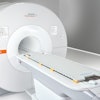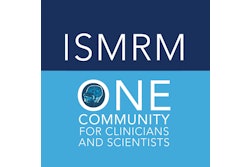Dear AuntMinnie member,
In this edition of our MRI Insider, we're showcasing a study that demonstrates how machine learning used with functional resting-state MRI can help clinicians predict surgical outcomes in high-grade glioma patients.
The findings could be good news for patients, as the ability to forecast postsurgical functional outcomes from initial diagnosis could improve surgical planning and offer better information about likely treatment outcomes. Click here for the full details.
Also in our roundup are results from a team using MR elastography that revealed how women are more prone to left ventricular shear stiffness in the heart as they age. A group from the University of Pennsylvania suggests that abbreviated MRI is just fine for subsequent screening of dense breasts. Another study indicated that MRI is a viable alternative to contrast-enhanced mammography for diagnostic imaging of breast cancer. Italian researchers found that diffusion-tensor MRI can visualize how Alzheimer's affects the brain's white matter microstructure. And authors from the U.K. described how low sexual desire manifests as dimorphic brain processing on functional MRI.
Plus, don't miss our coverage from the recent American Roentgen Ray Society (ARRS) annual meeting, including the following:
- More chemo response details needed in breast MRI reporting
- ACR guideline changes lead to sharp uptick in breast MRI use
- Shoulder MRI shows high AIGM prevalence in fatty infiltration
We also have extensive reporting on the International Society for Magnetic Resonance in Medicine (ISMRM) annual meeting that was held earlier this month in Singapore.
Our MRI content area keeps you up-to-date on the latest developments in the modality. We invite you to check it out regularly, and as always, if you have MRI topics you'd like us to consider, please contact me.




















